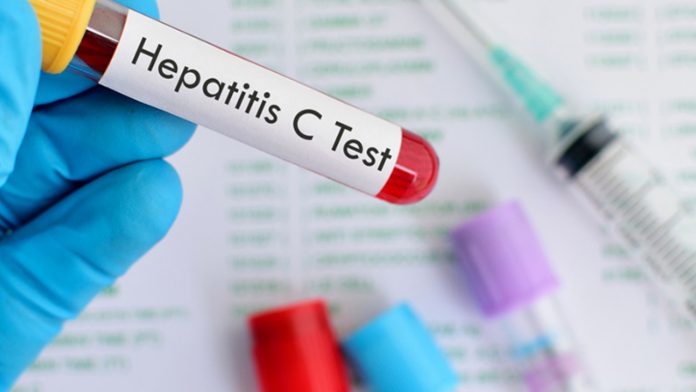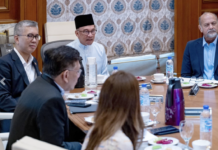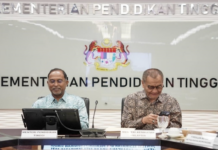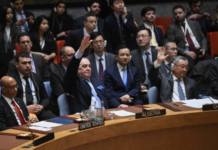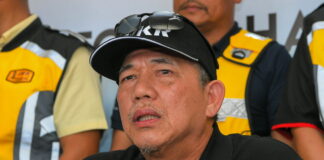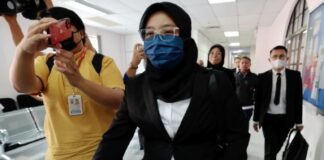KUALA LUMPUR, June 14 — More than 10,000 patients in Malaysia have been cured of the hepatitis C virus (HCV) after combining a new drug, Ravidasvir with an existing affordable direct-acting antiviral (DAA) medication, Sofosbuvir, within three to six months of treatment.
The Health Ministry’s (MOH) head of Gastroenterology and Hepatology, Datuk Dr Muhammad Radzi Abu Hassan said the treatment could reduce the risk of death from the chronic liver disease and in line with Malaysia’s goal to eliminate HCV by 2030.
“This DAA is curative, hence the disease is treatable and it has changed the landscape of hepatitis C including people infected with genotype 3 of the virus, which is particularly hard to treat.
“For me, the number of people who have been cured is a huge achievement considering the COVID-19 situation in the country and we have started it in mid-2018,” he said during a virtual press conference on the hepatitis C treatment today.
Among the panellists were Health director-general Tan Sri Dr Noor Hisham Abdullah, Pharco Corporation (Pharco) chief executive officer Dr Sherine Helmy, Pharmaniaga Bhd (Pharmaniaga) Regulatory Affairs director Sharifah Fauziyah Syed Mohthar, Drugs for Neglected Diseases initiative (DNDi) South-East Asia director Jean-Michel Piedagnel and Third World Network director Chee Yoke Ling.
Dr Muhammad Radzi said to ensure more patients could be cured, the MOH has been conducting active screening by rolling out diagnostic tests to all health facilities and expanded to the prisons, rehabilitation centres, general practitioners and private centres.
Ravidasvir is the first drug for HCV to be developed through South-South collaboration and with funding and clinical support from non-profit organisations.
On June 4, the Drug Control Authority (DCA) granted conditional registration for Ravida tablet 200mg (Ravidasvir Hydrochloride 200mg), a safe and effective hepatitis C treatment developed by a public-private partnership.
The partnership brought together the MOH, not-for-profit research and development organisation DNDi, Egyptian pharmaceutical company Pharco, Malaysian pharmaceutical company Pharmaniaga, and non-governmental organisation, Doctors Without Borders (MSF).
Meanwhile, Dr Noor Hisham said MOH was looking into an integrated strategy that would make available the hepatitis C diagnostic testing and treatment in the community.
“Our intention now is to roll out, not only decentralisation from tertiary care to primary care, but also to make it available in all our clinics in both urban and rural areas. We have more than 3,000 clinics in Malaysia from Perlis to Tawau, Sabah.
“This is an important integrated strategy. This is how we approach using public health measures. It is very important for us to invest in public health as this is where prevention comes in and it will be a cost-saving measure for the country in the next 10 years,” he said.
Dr Noor Hisham said as the DCA had approved Ravidasvir, it would take a few months for MOH to roll out the procurement at all of its clinics by the last quarter of this year or next year.
He said MOH was also exploring the possibility of treating hepatitis C patients for only eight weeks compared to the current 12-week treatment, hence, could cut costs down to one-third.
“… looking at the cost of US$300, with the competitive market pricing, we expect to bring it down to US$200; that is our target. I think it is achievable and hopefully in years to come, it will be much cheaper. Perhaps 10 years ahead to roll out this treatment and we anticipate that it will be less than US$100,” he added.




